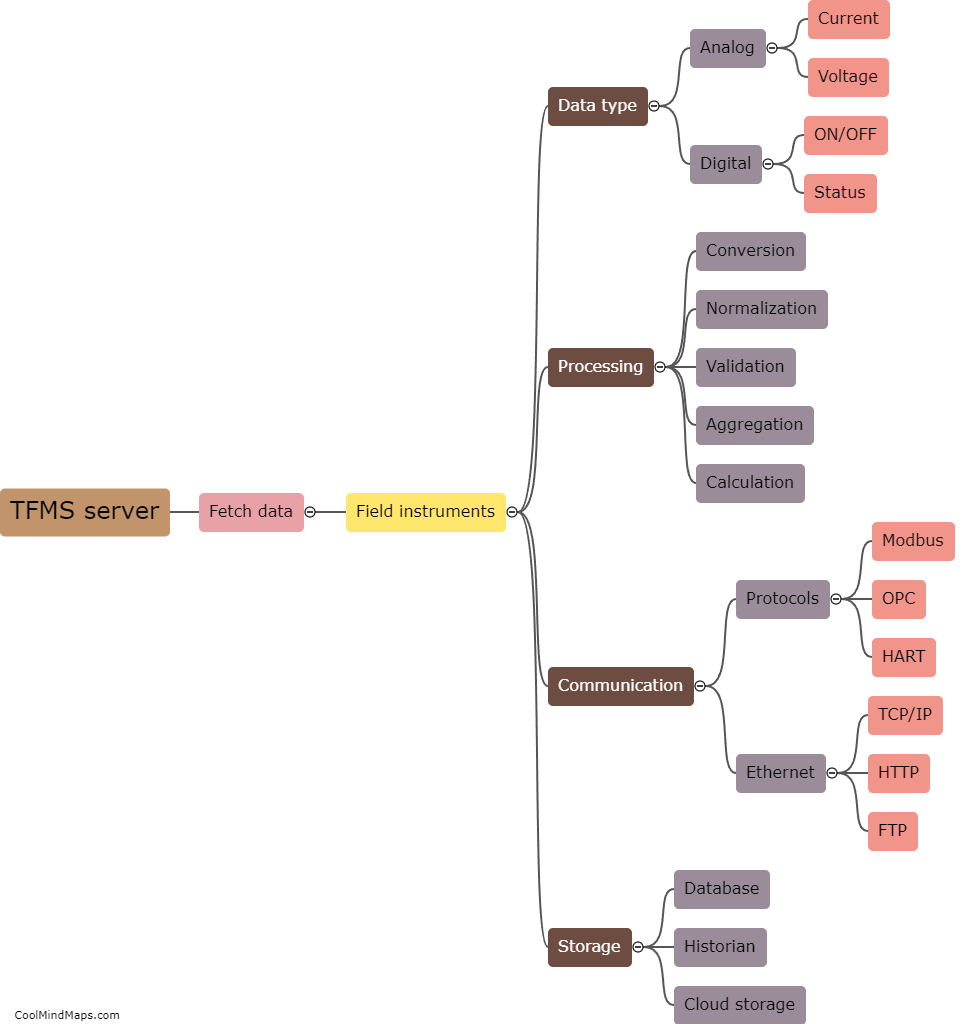How does p53 status impact survival rates in cancer patients?
The p53 protein is a tumor suppressor that plays a critical role in maintaining genomic stability and preventing the formation of cancerous cells. Mutations in the p53 gene are one of the most common genetic alterations observed in various types of cancers. The p53 status, therefore, has a significant impact on the survival rates of cancer patients. In cases where p53 is functioning normally, it can induce cell cycle arrest, repair DNA damage, or trigger programmed cell death (apoptosis) to eliminate potentially cancerous cells. However, in patients with mutated or inactive p53, these vital protective mechanisms are compromised, leading to uncontrolled cell proliferation and tumor progression. Consequently, cancer patients with intact p53 generally exhibit better survival rates and respond more favorably to therapy compared to those with p53 mutations or loss of function. Understanding the p53 status in cancer patients is crucial for prognostic assessment and treatment decisions.

This mind map was published on 11 October 2023 and has been viewed 107 times.











